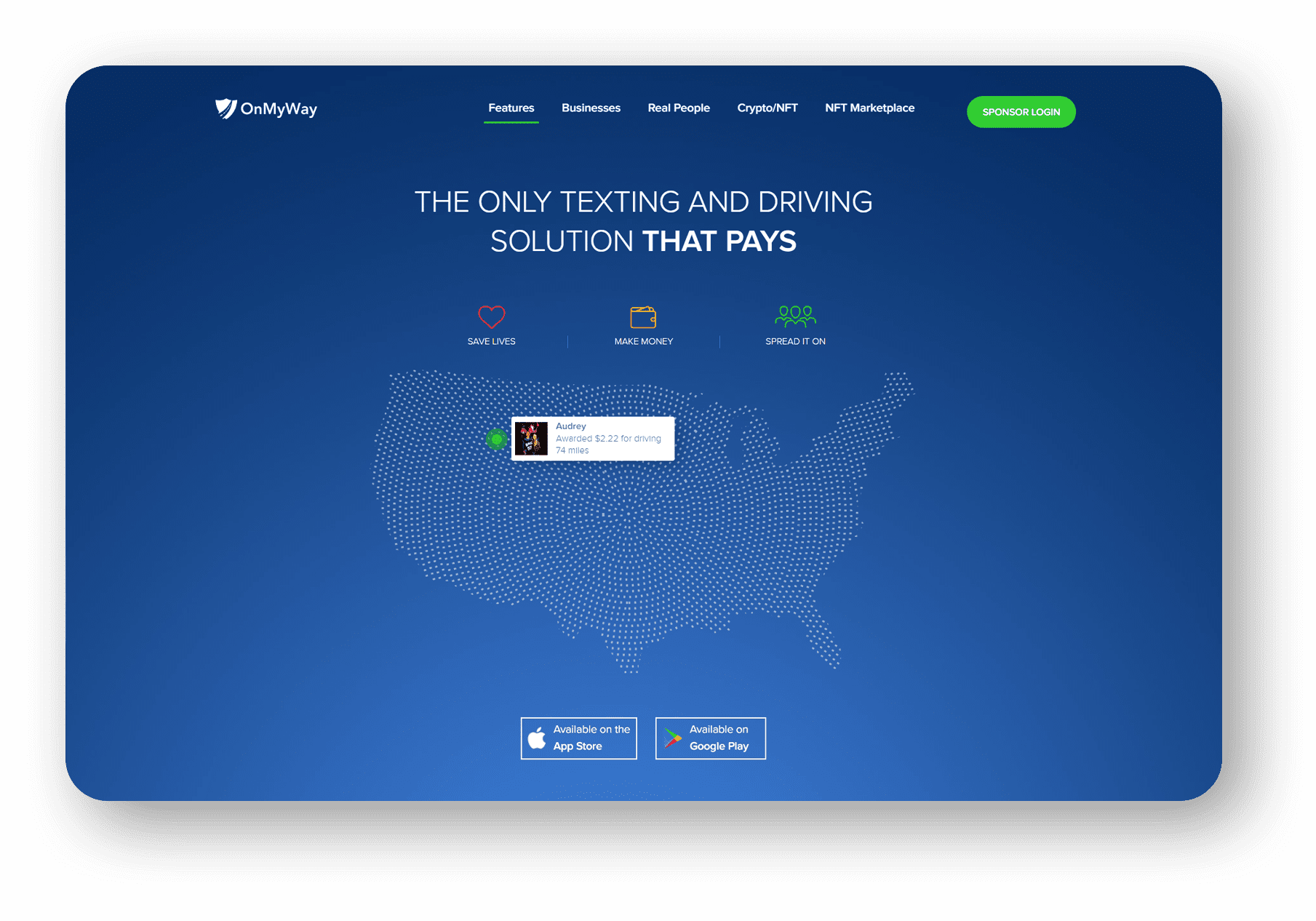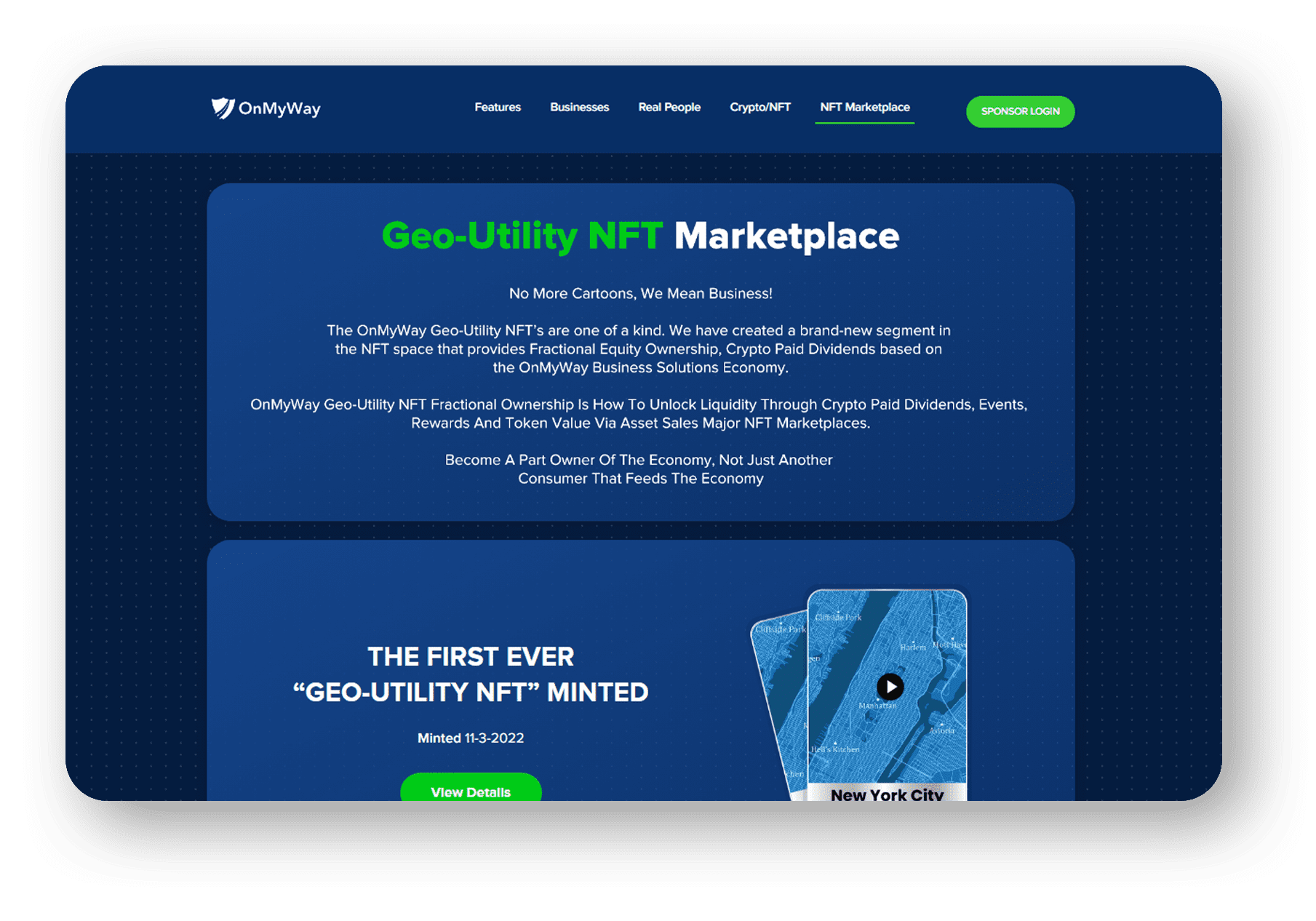
When Kyrsten Sinema was a Democratic state representative in Arizona, she pulled a newly elected Republican colleague aside and gave him a bit of friendly advice.
“She said that she had been a bomb thrower” when she first took office, recalled Kirk Adams, now a business and public affairs consultant with Consilium Consulting, referring to her habit of generating attention instead of legislating. “But she had learned that she didn’t get anything done that way.”
Fifteen years later, many of Sinema’s fellow Democrats say she is throwing bombs again — this time at her own party. Now a US senator, Sinema has been instrumental in shrinking the size and scope of President Joe Biden’s domestic legislative agenda, including a plan to raise taxes to pay for crucial parts of his signature Build Back Better spending package.
With Republicans standing firm in their opposition to Biden’s plan, Democrats need every vote to pass legislation in a 50-50 Senate, where vice-president Kamala Harris can cast a deciding vote. This has given Sinema and West Virginia’s Joe Manchin, another frequent holdout, outsized power to make or break a proposal.
Sinema’s apparent intransigence has flummoxed Democrats in Washington and infuriated the progressive voters who backed her at home in Arizona. Among them is Jade Duran, secretary of the Democratic party in Maricopa County, the largest in the state and home to Phoenix.
Duran said she had been excited when Sinema decided to run for the US Senate in 2018, given everything they had in common: both identify as members of the LGBT+ community and have a history of social activism. Today, however, she feels betrayed.
“To see what she’s been doing, actively working against the party and what we stand for, it’s really disappointing,” Duran said. “It’s almost nauseating and disgusting to see what she does on a daily basis.” She added that she hoped a Democrat would challenge Sinema from the left in 2024.
Like many in her party, Duran is furious at Sinema for her refusal to partially roll back former President Donald Trump’s tax cuts to help pay for Biden’s infrastructure plan. Sinema voted against the Trump tax cuts at the time — leading many Democrats to allege that the onetime Green party member has in the ensuing years become a tool of big corporate donors.
Her stance appeared to soften somewhat this week, however, as she backed a proposal by Democrats Elizabeth Warren and Ron Wyden on Tuesday to introduce a 15 per cent tax on the most profitable American companies.
Sinema has also been accused of being in the pocket of the pharmaceutical industry after blocking a popular Biden administration proposal to allow the federal government’s health schemes to bargain for lower drug prices.
Whatever her motives, it is hard to square Sinema’s recent positions with those of the young progressive who broke into Arizona politics more than 20 years ago. She was considered a radical in the state after campaigning for crusading outsider Ralph Nader during his 2000 presidential run. Arizona’s state Democratic party declared her “too extreme” to run for office under its banner in 2002.
But two years later she was elected as a Democrat, and before long would become a leader of the party’s progressive wing in Arizona. “The 2004 Sinema would be working 24/7 to oust 2021 Sinema from office,” said Barrett Marson, a longtime Republican political consultant in the state.
Sinema’s latest transformation, according to political consultants for both parties, is the calculated move of a politician trying to do whatever it takes to survive as a Democratic senator in Arizona.
The state has long been a bedrock of western-state conservatism, producing two independent-minded Republican presidential candidates: Barry Goldwater and John McCain. “Kyrsten fundamentally gets that in Arizona there’s a streak that’s very independent and doesn’t like to be told what to do,” said Adams.
In fact, some in the state believe she has consciously attempted to ape McCain’s “maverick” persona, which gave him the space to occasionally vote against his party’s agenda — and still be rewarded by Arizona’s voters for his independence.
“McCain was never very strong with his base but what carried him through was support from independent voters and crossover support [from Democrats],” said Mike Noble, chief of research and managing partner at OH Predictive Insights. “[Sinema] looks like a Democratic version of John McCain.”
He noted that even as Sinema’s approval ratings from progressives have tanked, “she’s making up for it among moderates and has a 40-plus favourability rating among Republicans”.
Among them is Doug Pitts, a 71-year-old Phoenix resident. “I think she’s very good, and I’m a Republican,” said Pitts, a retired construction industry executive. “I think she has walked across party lines and acted in a more bipartisan and sober way,” noting her positions on taxes, the budget and preserving the filibuster rule.
The McCain comparison has its limits, however. McCain tended to stick with his party except on a few select issues, such as campaign finance regulation and his famous “thumbs down”, which doomed his colleagues’ attempts to unwind Obamacare.
He was also very open with the press and enjoyed talking to reporters, while Sinema rarely gives interviews. Duran said she was frustrated by the fact that Sinema doesn’t hold town hall meetings with constituents. “She’s completely turned her back on us,” Duran said.
What has changed since McCain’s day is the reduced dominance of Republicans in Arizona. For the first time in more than 70 years, the state has two Democratic US senators: Sinema and Mark Kelly, who was elected in a special election in 2020. Now Arizona — for decades a reliably deep red state — has taken on a purple hue.
As in Georgia, another reliably Republican state that narrowly went for Biden in the 2020 election, Arizona’s shift was the result of suburban voters turning their backs on Trump. In Arizona, Republicans insist this was a blip, not a trend — despite demographic shifts that appear to favour Democrats.
Sinema’s political manoeuvring has clearly frustrated Biden, who last week paid her the backhanded compliment of being “smart as the devil”. But the freshman senator certainly has the president’s attention: on Tuesday he met with Sinema and Manchin at the White House as he tried to push his domestic policy plan across the finish line before leaving for the G20 and climate change summits later this week.
Sinema’s agreement on the 15 per cent corporate tax could signal a new willingness to negotiate. The senator had opposed raising the corporate tax rate, but said the Warren-Wyden proposal was a “common sense” step that would guarantee that large companies paid a “reasonable” minimum rate.
Adams, who rose to become speaker of the House in Arizona and worked closely with Sinema, said her political skills should not be underestimated.
“She’s very effective in a legislative environment,” he said. “It’s really not surprising to me in the least that she’s become . . . the key swing vote in US Senate.”
OVERVIEW
OnMyWay Is The #1 Distracted Driving Mobile App In The Nation!
OnMyWay, based in Charleston, SC, The Only Mobile App That Pays its Users Not to Text and Drive.
The #1 cause of death among young adults ages 16-27 is Car Accidents, with the majority related to Distracted Driving.
OnMyWay’s mission is to reverse this epidemic through positive rewards. Users get paid for every mile they do not text and drive and can refer their friends to get compensated for them as well.
The money earned can then be used for Cash Cards, Gift Cards, Travel Deals and Much, Much More….
The company also makes it a point to let users know that OnMyWay does NOT sell users data and only tracks them for purposes of providing a better experience while using the app.
The OnMyWay app is free to download and is currently available on both the App Store for iPhones and Google Play for Android @ OnMyWay; Drive Safe, Get Paid.
Download App Now – https://r.onmyway.com
Sponsors and advertisers can contact the company directly through their website @ www.onmyway.com.











